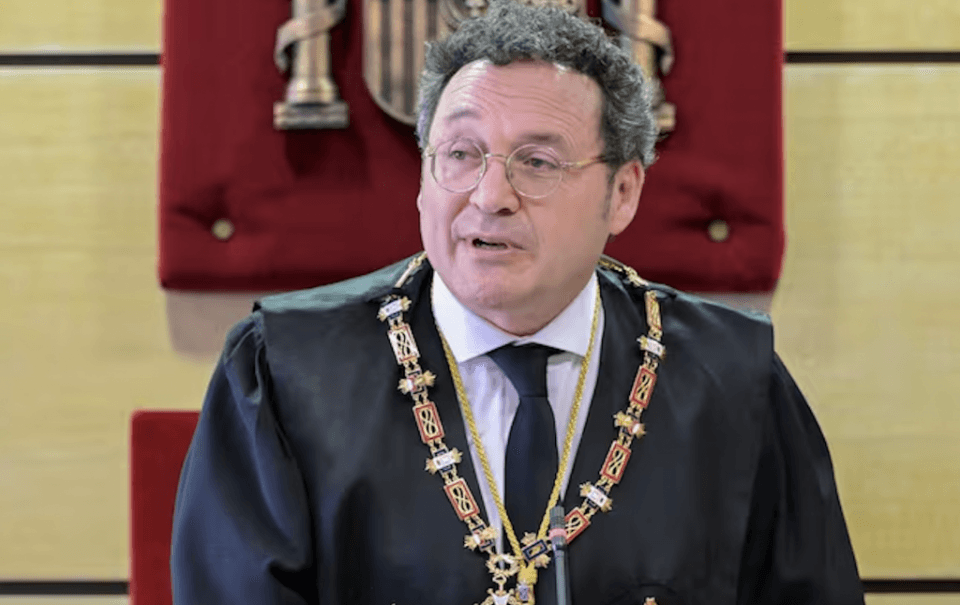U.S. and Ukraine Craft Updated Peace Framework, Aim to End War
U.S. and Ukrainian delegations in Geneva said they had drafted an "updated and refined peace framework" aimed at ending Russia's war in Ukraine, signaling progress while underscoring that any settlement must preserve Ukrainian sovereignty. The statement left key issues unresolved and set an intensive diplomatic period of consultations with European partners, with final decisions reserved for the presidents of the United States and Ukraine.

Delegations from the United States and Ukraine concluded high level talks in Geneva on Nov. 23, 2025, issuing a joint statement that they had drafted an "updated and refined peace framework" aimed at terminating Russia's war in Ukraine. The sessions were led by U.S. Secretary of State Marco Rubio and Ukraine's presidential chief of staff Andriy Yermak, and were described by officials as constructive, though they emphasized that substantial questions remain.
The framework, as characterized by the two delegations, is intended to reflect progress made since earlier proposals and to reaffirm the central principle that any agreement must fully uphold Ukraine's sovereignty. Officials acknowledged that core issues were unresolved, specifically security guarantees for Kyiv, the status of territory currently under Russian control, and the role that NATO might play in any long term arrangements.
Diplomats framed the Geneva talks as an effort to modify a previously circulated U.S. document that had provoked controversy across Europe and in Kyiv because certain provisions were seen as favorable to Russia. That initial draft intensified political sensitivity in several European capitals and within Ukraine, where any perception of concession to Moscow risks severe domestic backlash. European allies participated in the deliberations indirectly and presented alternative proposals, underscoring the broader transatlantic stake in how a final settlement would be structured.
The two delegations agreed to continue intensive work in the coming days and to consult closely with European partners. They noted that substantive decisions will ultimately rest with the presidents of the United States and Ukraine, indicating that Geneva represented a preparatory stage rather than a conclusion. The limited public detail about the revised framework reflects both the sensitivity of the negotiations and the tactical need to manage domestic political audiences in Washington and Kyiv.
The unresolved questions in Geneva cut to the heart of geopolitics and international law. Security guarantees implicate treaty commitments, multilateral peacekeeping concepts, and the credibility of Western deterrence. Territorial questions raise complex issues of restoration of borders enshrined in the United Nations Charter, post conflict justice, and the practical mechanics of returning land and populations to civilian life. The role of NATO remains particularly thorny because its enlargement and collective defense commitments are central to Kyiv's security aspirations yet highly sensitive for allies wary of escalating confrontation with Moscow.
For European governments the stakes are high. A negotiated settlement could stabilize the continent and reopen economic and humanitarian corridors, but any perceived compromise on sovereignty or security could fracture domestic politics and alliance cohesion. In Kyiv the calculus is stark, because accepting anything short of full restoration of territorial integrity would be politically fraught.
Geneva represented a diplomatic inflection point rather than an endpoint. The coming days of consultations will test whether the updated framework can bridge competing priorities, satisfy legal and political demands of sovereignty, and produce durable assurances that prevent a return to large scale warfare.


